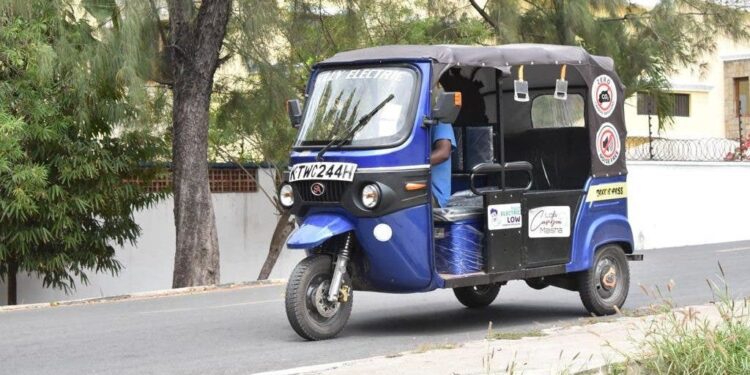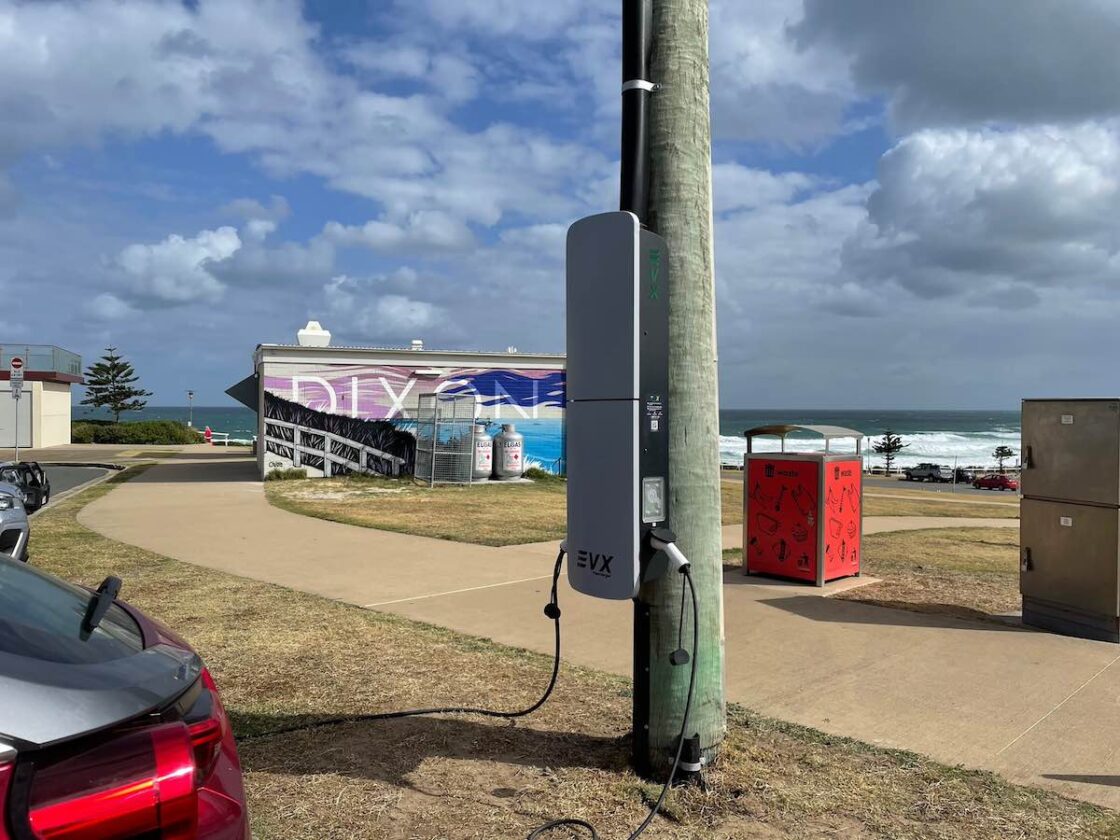The transition to electric mobility presents a major opportunity for the African continent to leapfrog into the age of electric mobility, allowing most of the continent’s population to bypass the ICE age. Africa’s low motorization rates compared to other parts of the world makes this highly probable. Already in several African countries, there are some exciting developments in the electric 2-wheeler, 3-wheeler, electric car, and electric bus sectors. After several years of pilots, many companies operating in this space are now working to scale up their operations. Most of them incorporate battery packs imported from overseas, and mostly from China.
The potential for Africa to benefit from the global transition to electric mobility is immense. With abundant natural resources such as nickel, manganese, cobalt, lithium, graphite, and copper, the continent has the potential to become a major player in the battery storage sector. In fact, the South African Automotive Business Council’s South Africa’s New Energy Vehicle Roadmap Thought Leadership Discussion document lists these resources in the Southern African Development Community (SADC) region alone.
However, for Africa to take advantage of this opportunity, it needs to grow its new vehicle market. According to one of the largest vehicle manufacturing OEMs with an ICE vehicle production footprint on the African continent, a local battery factory may require a production capacity of at least 300,000 electric cars per year. This means that at least 10 markets would need to off-take 30,000 or so vehicles per annum in Africa. Alternatively, the factory could supply battery cells for the burgeoning 2-wheeler market as well. With 6 million motorcycles sold across several markets on the continent each year, it is clear that there is potential for Africa to benefit from the global transition to electric mobility.
The clean energy sector is growing rapidly and demand for battery storage is increasing. It is only a matter of time before this demand justifies the establishment of battery factories in Africa. This will be a major step forward for the continent and will open up many opportunities for economic growth and development.
FAQ
Q1. How electric car batteries work?
A1. Electric car batteries are typically lithium-ion batteries that store energy and power the motor. They are recharged by plugging the car into an electric outlet or charging station.
Q2. What electric car has the longest range?
A2. The Tesla Model S has the longest range of any electric car currently on the market, with a range of up to 370 miles on a single charge.
Q3. How electric car chargers work?
A3. Electric car chargers work by connecting the car to an electrical outlet or charging station and transferring electricity from the outlet to the car’s battery. The amount of time it takes to charge the battery depends on the type of charger and the size of the battery.




